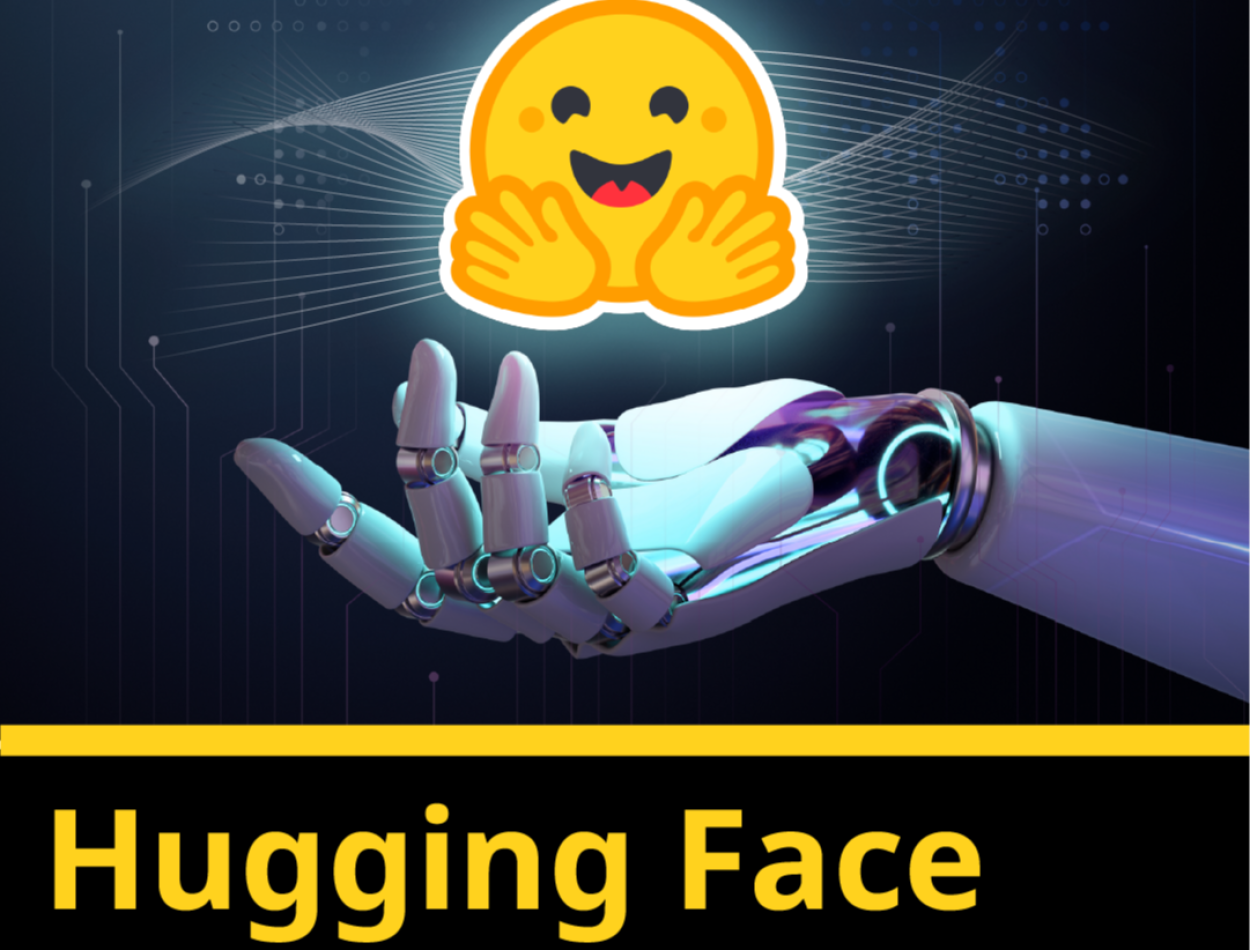
Hugging Face Open Source AI Community Platform
2024-04-23 05:12:21
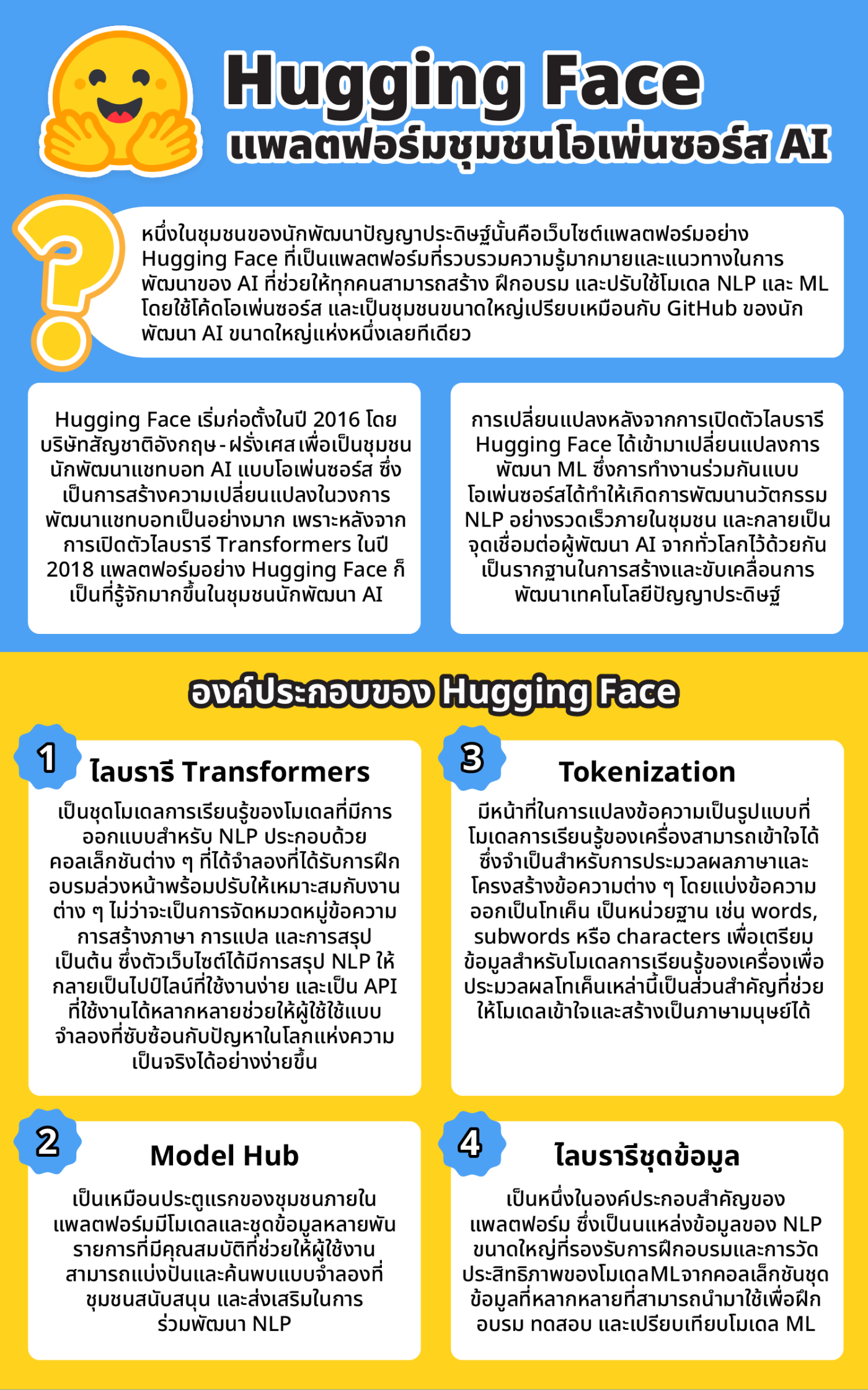
One such community of artificial intelligence developers is Hugging Face, a platform that provides a wealth of AI knowledge and development platform that allows anyone to build, train, and deploy NLP and ML models using open-source code. And it's a large community comparable to GitHub for one large AI developer.
Hugging Face was started in 2016 by a British-French company as an open-source AI chatbot developer community. This is creating a lot of changes in the chatbot development industry. After the launch of the Transformers library in 2018, platforms like Hugging Face became more well-known among the AI developer community.
Changes after library release
hugging Face has disrupted the development of ML, where open-source collaboration has enabled the rapid development of NLP innovations within the community. and become a point of connection for AI developers from around the world. It is the foundation for building and driving the development of artificial intelligence technology.
Composition of Hugging Face
This platform has the following elements to serve as a basis for the important development of NLP:
1. Transformers library
It is a set of learning models designed for NLP, consisting of a collection of pre-trained simulations optimized for tasks such as text classification, language generation, translation, summarization, etc. The website summarizes NLP into an easy-to-use pipeline and versatile API that makes it easier for users to apply complex models to real-world problems.
How the Transformers library makes it easier to implement NLP models
- Eliminating complexity
-Pre-trained model
-Flexibility and modularity
-Community and support
-Continuous updates and expansions
2. Model Hub
Serving as the first community portal within the platform, there are thousands of models and datasets with features that enable users to share and discover community-contributed models. and promote joint development of NLP
3. Tokenization
It is responsible for converting text into a format that machine learning models can understand. This is necessary for processing language and text structure by breaking down text into tokenized units, such as words, subwords, or characters, to prepare data for machine learning models to process. These tokens are the building blocks that help models understand and generate human language.
4. Data set library
It is one of the key components of the platform. It is a large NLP resource that supports training and benchmarking ML models from a diverse collection of datasets that can be used to train, test, and compare ML models.
Using Hugging Face
We will briefly explain the basics of using Hugging Face. To understand the steps from installation Using pre-trained models tuning and sharing your model with the community
1. Installation
The Transformers library can be easily installed using the Python package installer pip. You should also install the datasets library and tokenizers library.
2. Using the trained model
The platform offers a large collection of pre-trained models. which can be used in a variety of ways The method of use is as follows.
1. Select the desired model.
2. Download the model
3. Prepare input
4. Run the model
5. Test results
Deploying a trained model requires an understanding of the core language Python.
3. Fine-tuning the model
It is a process in which a pre-trained model is taken to update its parameters by training on specific data. This allows you to take advantage of representations that learn from models and adapt accordingly to the application.
4. Model sharing
The platform itself is a community where open-source datasets are shared. When you want to share your dataset or model, you can follow these steps.
1. Install the library Huggingface_hub
2. You must have an active token connected to your Hugging Face account. Following the steps recommended by Hugging, models can be uploaded to the library.
There is a strong community of AI model developers, and Hugging Face provides a platform for knowledge sharing. Understanding and jointly developing ML and NLP technology for even more development in the future.
Leave a comment :
Recent post
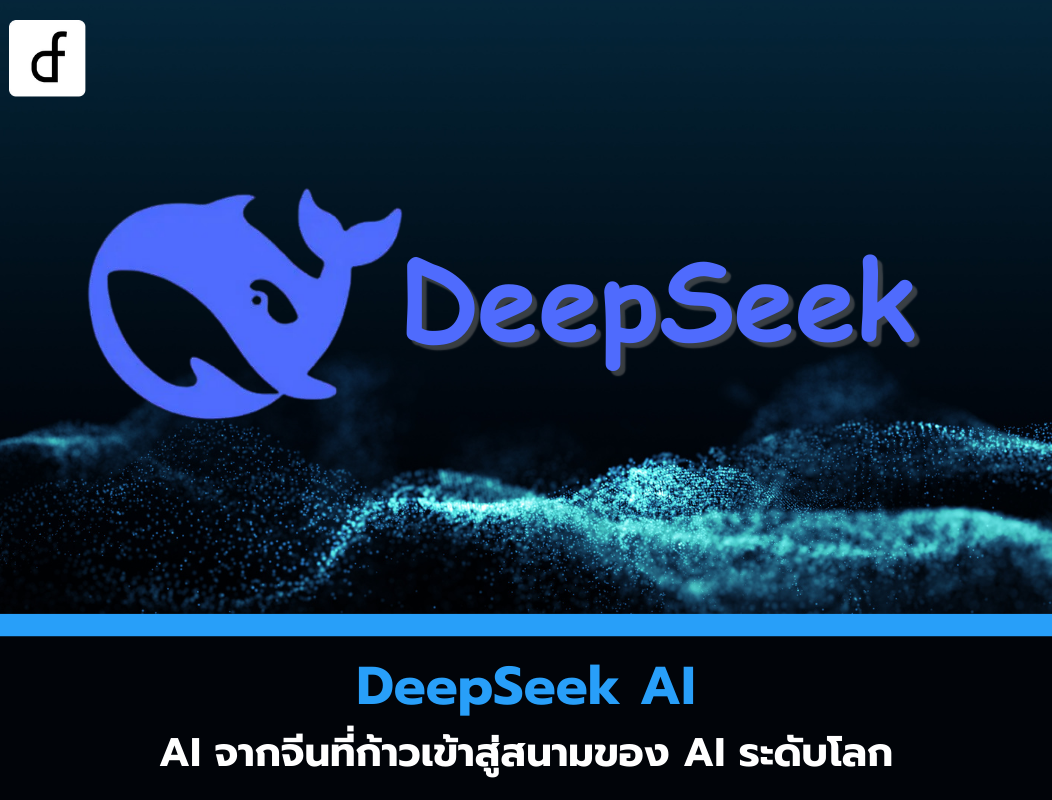
2025-01-10 10:12:01

2024-05-31 03:06:49
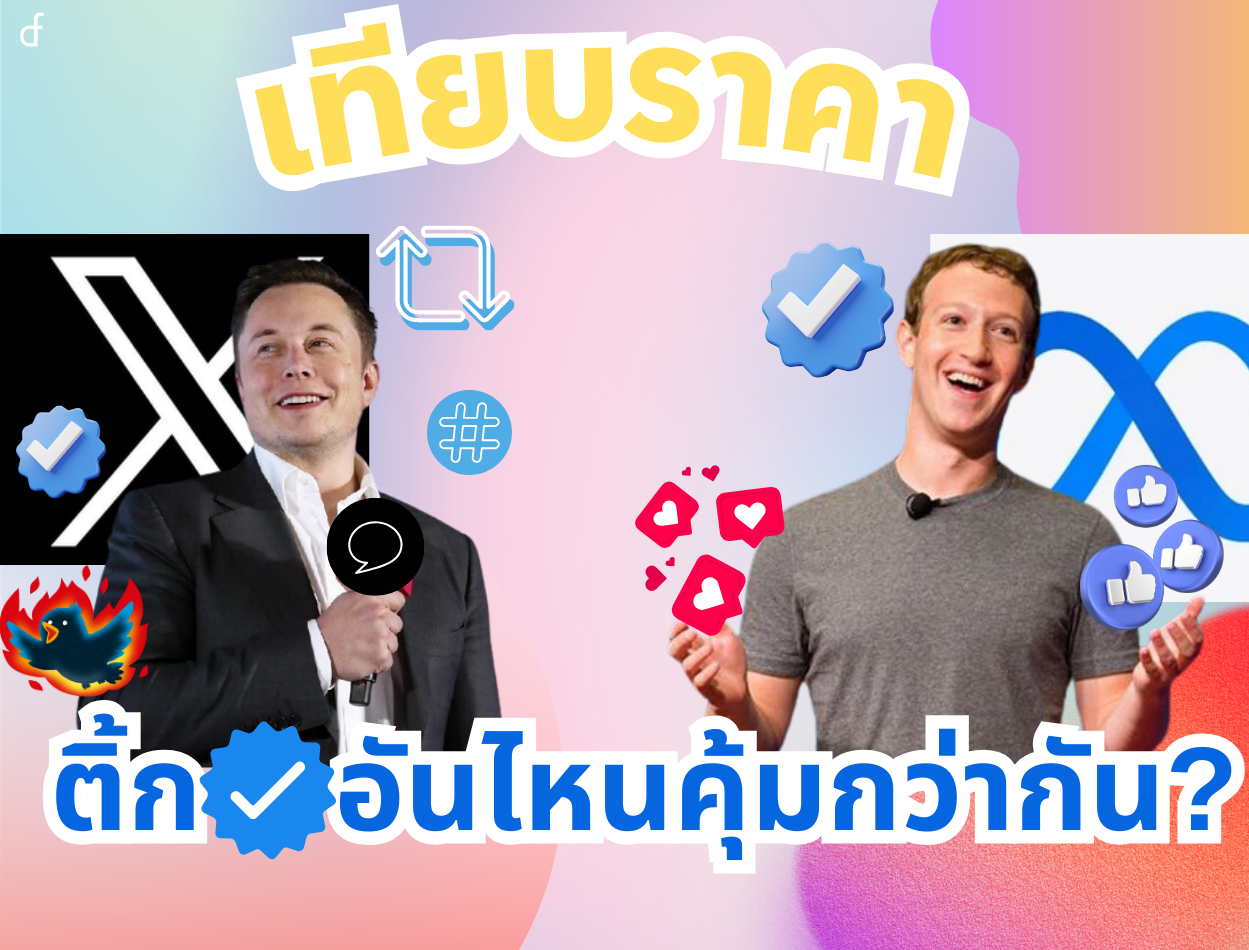
2024-05-28 03:09:25
Tagscloud
Other interesting articles
There are many other interesting articles, try selecting them from below.

2023-09-05 11:48:53
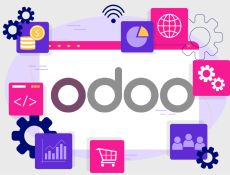
2023-09-22 10:10:41

2023-09-06 09:42:24

2025-03-12 01:51:41
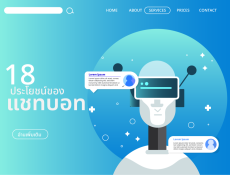
2023-10-03 04:52:47
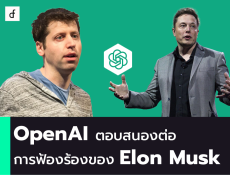
2024-03-08 04:19:36

2025-03-25 10:39:35

2025-04-17 07:13:11

2025-02-10 03:09:32
